The Prohibition of Psychedelics Retards the Evolution of Humanity

In 1966, Willis W. Harmon et al. completed one of the most fascinating and important studies in all of psychology. It is also one of the most overlooked and underappreciated. So I will share it with you in detail.
At the outset of the study, 27 professionals from various fields were given three tests which objectively measure creativity.
Several days later they took the tests again. Except this time they were under the influence of 200mgs of mescaline.
Their scores improved dramatically.
But this was not the most remarkable result of the study.
The researchers had instructed the participants to select one or more problems related to their work which was in need of a creative solution. Many of these problems the subjects had been working on for weeks or months to no avail. After the creativity tests, they were given three to four hours to work on these problems.
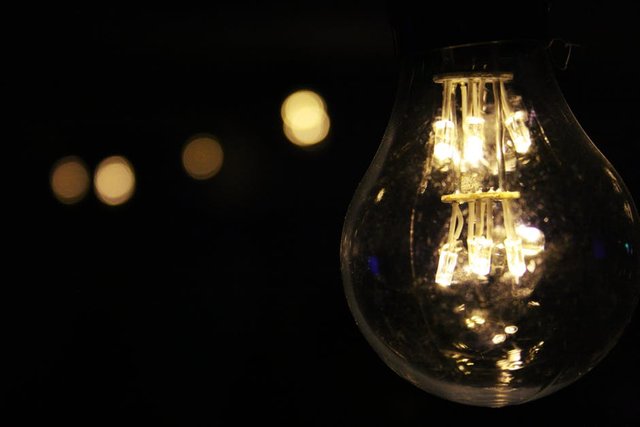
The results were astounding. The participants made significant headway on thirty-nine of the forty-four problems they brought to the session. And they weren't deluding themselves; their solutions received external validation. Among the creative accomplishments achieved that day included:
(1 ) a new approach to the design of a vibratory microtome, (2) a commercial building design accepted by client, (3) space probe experiments devised to measure solar properties, (4) design of a linear electron accelerator beam-steering device, (5) engineering improvement to magnetic tape recorder, (6) a chair design modeled and accepted by manufacturer, ( 7 ) a letterhead design approved by customer, (8) a mathematical theorem regarding NOR-gate circuits, (9) completion of a furniture line design, (10) a new conceptual model of a photon which was found useful, and ( 11) design of a private dwelling approved by the client.
The researchers identified eleven known creative problem-solving strategies or "experiential modes related to creativity" that the participants reported were heightened during the experiment. One can get a sense for the creative use of psychedelics from the participants' statements relating to these eleven heightened qualities:
1) Low inhibition and anxiety
"There was no fear, no worry, no sense of reputation and competition, no envy, none of these things which in varying degrees have always been present in my work."
"A lowered sense of personal danger; I don't feel threatened anymore, and there is no feeling of my reputation being at stake."
"Diminished fear of making mistakes or being embarrassed."
2) Capacity to structure problems in a larger context
"Looking at the same problem with (psychedelic) materials, I was able to consider it in a much more basic way, because I could form and keep in mind a much broader picture."
"Ability to start from the broadest general basis in the beginning. . ."
"I returned to the original problem . . . . I tried, I think consciously, to think of the problem in its totality, rather than through the devices I had used before."
3 ) High fluency and flexibility of ideation
"I began to draw . . . . my senses could not keep up with my images . . . . my hand was not fast enough . . . . I was impatient to record the picture (it has not faded one particle). I worked at a pace I would not have thought I was capable of."
"My mind seemed much freer to roam around the problems, and it was these periods of roaming around which produced solutions. . ."
"I dismissed the original idea entirely, and started to approach the graphic problem in a radically different way. That was when things began to happen. All kinds of different possibilities came to mind."
4) High capacity for visual imagery and fantasy
"I tried to relax and create a completely white and clear mental image. Suddenly I was not in the present but experienced very vivid technicolor, dreamlike mental pictures."
"I began to see an image of the circuit. The gates themselves were little silver cones linked together by lines. I watched this circuit flipping through its paces. . . . The psychedelic state is, for me at least, an immensely powerful one for obtaining insight and understanding through visual symbolism."
"I began visualizing all the properties known to me that a photon possesses . . . . The photon was comprised of an electron and a positron cloud moving together in an intermeshed synchronized helical orbit . . . . This model was reduced for visualization purposes to a black and white ball propagating in a screw-like fashion through space. I kept putting the model through all sorts of known tests . . ."
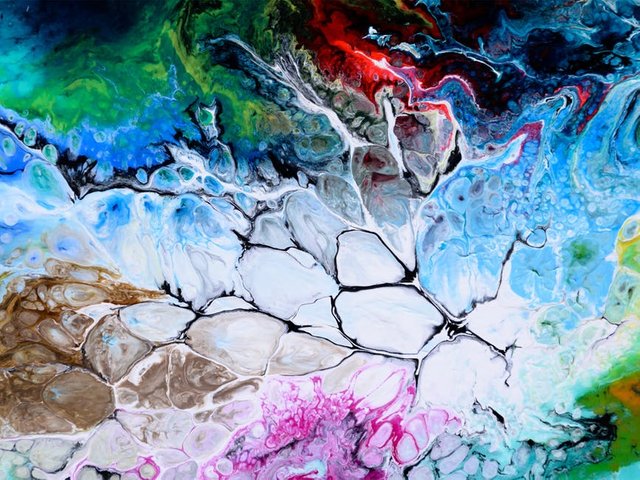
5) High ability to concentrate
"I was impressed with the intensity of concentration, the forcefulness and exuberance with which I could proceed toward the problem."
"The drug appeared to maintain motivation to pursue what is aesthetically intriguing to a point far beyond what I would do normally."
"I was amazed at the four hours that had passed and would have guessed that it was only one and one-half hours."
"In what seemed like 10 minutes, I had completed the problem, having what I considered (and what I still consider) a classic solution."
6) High empathy with external processes and objects
"The sense of the problem as a living thing that is growing toward its inherent solution."
"I spent a productive period climbing down my retina, walking around and thinking about certain problems, relating to the mechanism of vision."
"Ability to grasp the problem in its entirety to 'dive' into without reservations, almost like becoming the problem."
7) High empathy with people
"It was also felt that group performance was affected in subtle ways. This may be evidence that some sort of group action was going on all the time."
"Only at intervals did I become aware of the music. Sometimes, when I felt the other guys listening to it, it was a physical feeling of them listening to it."
"Sometimes we even had the feeling of having the same thoughts and ideas."
8) Accessibility of unconscious resources
". . . brought about almost total recall of a course that I had had in thermodynamics; something that I had never given any thought about in years."
"I was in my early teens and wandering through the gardens where I actually grew up. I felt all my prior emotions in relation to my surroundings."
9) Ability to associate seemingly dissimilar elements in meaningful ways
"The next insight came as an image of an oyster shell, with the mother-of-pearl shining in different colors. I translated it (into) the idea of an interferometer."
"Most of the insights come by association."
"It was the last idea that I thought was remarkable because of the way in which it developed. This idea was the result of a fantasy that occurred during Wagner. I put down a line which seemed to embody this (fantasy) . . . . I later made the handle which my sketches suggested and it had exactly the quality I was looking for. . . . I was very amused at the ease with which all of this was done."
10) High motivation to obtain closure; an appetite for elegance
"Had tremendous desire to obtain an elegant solution (the most for the least)."
"All known constraints about the problem were simultaneously imposed as I hunted for possible solutions. It was like an analog computer whose output could not deviate from what was desired and whose input was continually perturbed with the inclination toward achieving the output."
"It was almost an awareness of the 'degree of perfection' of whatever I was doing."
11 ) Capacity to visualize the completed solution in its entirety
"I looked at the paper I was to draw on. I was completely blank. I knew that I would work with a property 300 ft. square. I drew the property lines. . . . Suddenly I saw the finished project. I did some quick calculations. . . . it would fit on the property and not only that . . . it would meet the cost and income requirements . . . it would park enough cars. . . it met all the requirements."
"I visualized the result I wanted and subsequently brought the variables into play which could bring that result about. I had great visual (mental) perceptibility; I could imagine what was wanted, needed, or not possible with almost no effort. In what seemed like ten minutes I had completed the problem . . . I was amazed at my idealism, my visual perception, and the rapidity with which I could operate."
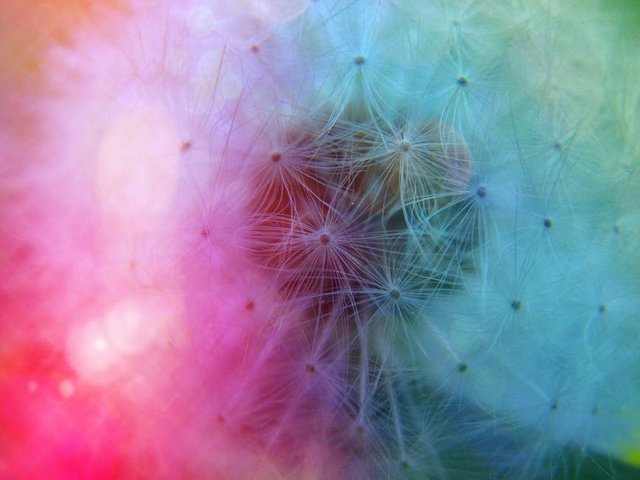
Finally, in the two-week follow-up, participants reported enjoying lingering benefits from the experiment:
"I feel there has been a general improvement, maintained to date, in my ability to concentrate on specific problems, in my visual perceptibility of problems, and a general reduction of inhibitions."
"I find that I can dwell upon a problem without distractions creeping in."
"I have an energy and decisiveness I have never known before."
This is not the only study demonstrating psychedelics ability to increase creative ability. In two separate studies, experts judged paintings done under the influence of LSD as of higher aesthetic quality than those painted sober. One recent study found ayahuasca enhances "creative divergent thinking," increasing "psychological flexibility," and another reported similar.
The picture below depicts the neuronal activity before (left) and after (right) the ingestion of psilocybin (the active chemical in "magic mushrooms") and likely helps explain, neurophysiologically, the cognitive loosening and creativity-boosting effects of psychedelics. Psychedelics create a "hyperconnected brain," where uncharacteristically long connections are made between "brain regions that don't normally talk together."
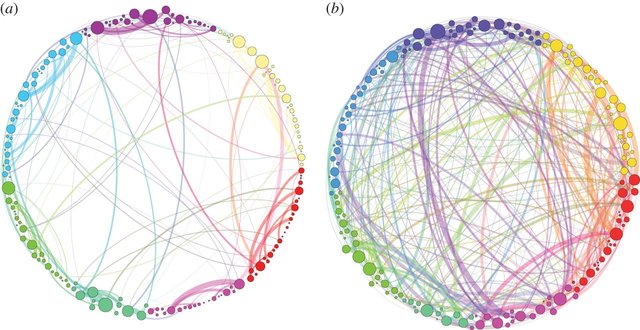
At least two Nobel Prizes have been attributed directly to insights gleaned while under the influence of psychedelics, Francis Crick's discovery of the double-helix model of DNA and Kary Mullis's invention of the polymerase chain reaction technique. And, it is an open secret that psychedelics played a significant role in the rise of the personal computer (and continue to be praised by techies today). Who knows how many beloved works of art or important scientific or philosophical insights throughout the ages were similarly inspired...
Author and Silicone Valley insider, Tim Ferriss, once conceded:
“The billionaires I know…the people I know who are trying to be very disruptive and look at the problems in the world and ask completely new questions…almost without exception, use hallucinogens on a regular basis.”
Creativity drives societal and technological progress.
Psychedelics markedly increase creativity.
Their prohibition, therefore, retards the evolution of humanity.
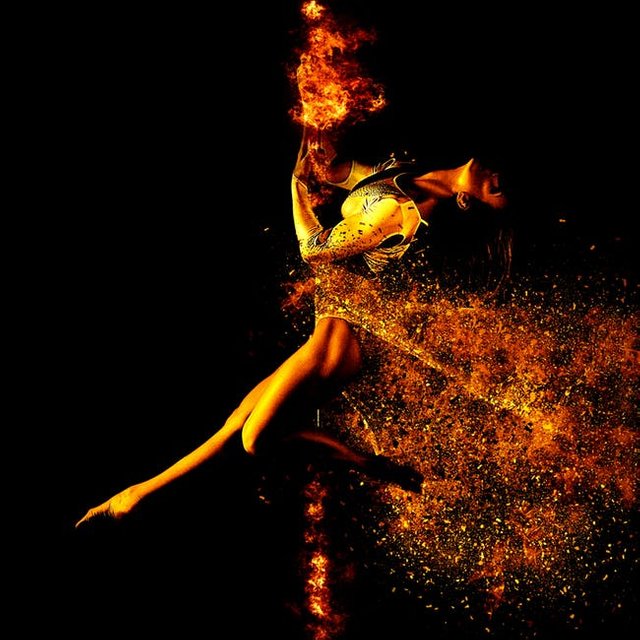
Frank Barron, one of the foremost researchers of creativity, who turned on Timothy Leary to psychedelics, and started the psilocybin project at Harvard with him, and was also a colleague of Willis Harman, once said, concerning psychedelics, "the rich get richer," meaning that psychedelic experience only works for the specially prepared to enhance their creative process. Many more others are less fortunate. Huston Smith was also cautious, noting that psychedelic theophanies may well spark a religious experience, but perhaps more often abort a spiritual life. I found it interesting that the very first article he read about a psychoactive mushroom still existing, informed Gordon Wasson that they were used in two opposite ways: to cause debauchery or healing, depending on the user. For ordinary people, it caused debauchery. In this growing renaissance we best be attentive to who is propagating these powerful drugs to the masses and why. Psychedelic history, a subject i am very familiar with, is both an attempted psy op, and a frustrated (re)evolution. Closer looks at the main proponents of these mysterious drugs including Harman,Barron, Wasson, Leary, and just about everyone else, reveal intimate associations with CIA and other secret social engineering societies.
I had never come across this study before, very interesting and well written . Thankyou.